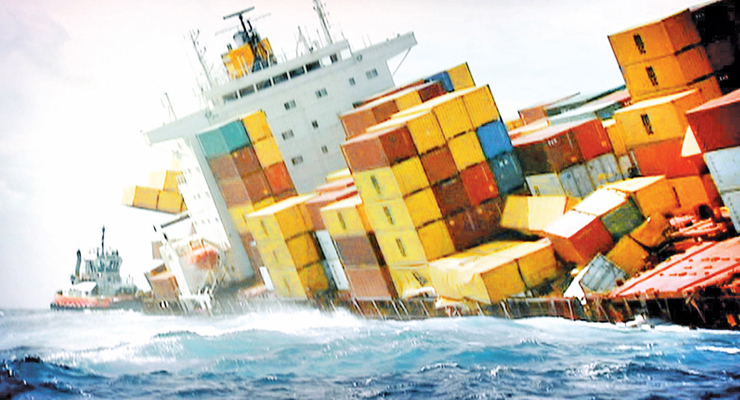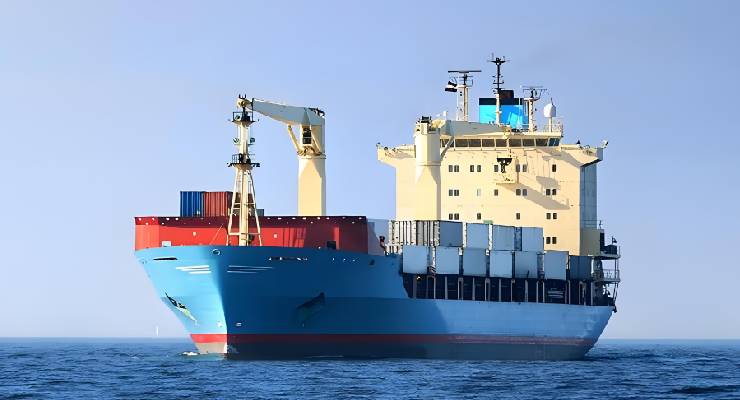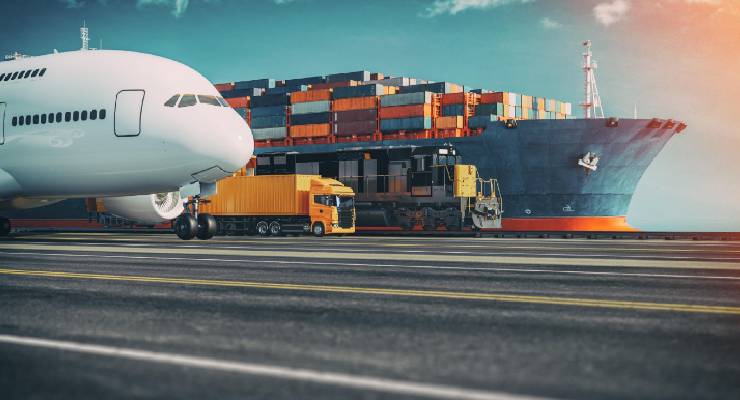
Who needs marine cargo insurance? Why is marine cargo insurance necessary?
Both buyer and seller, as well as other secondary parties in international trading, have to be interested in marine cargo insurance.It helps to secure your financial contributions from unforeseen issues.
What are the main terms and definitions for marine cargo insurance topic?
There are some key terms which you have to understand before applying for marine cargo insurance.
Cargo. These are goods, merchandise or commodities of every kind that may be carried on a vessel. This happens generally under a bill of lading Bill of lading. It is a document for goods which the supplier gives to the shipper before transportation. Bill of lading is also a contract between the carrier and the shipper, which sets forth the terms and conditions under which the merchandise will be carried. Theft. It means the disappearance of the cargo unit with clear evidence that it has been stolen. Demurrage. This term refers to compensation per day or per hour for earnings which are lost as a result of the delay.
Actual total loss. Actual (absolute) total loss refers to the loss of insured goods due to the following reasons:
Complete loss or destruction of goods.Goods have been damaged very badly.Irretrievable deprivement (goods are not damaged, but they can’t be transported to the owner because of theft, capture, etc). Deviation. The deviation is a situation where a vessel proceeds from the port of departure to the destination, by an unusual or improper course. Some marine cargo policies contain a clause by which parties agree to cover the insured interest in case of deviation and connected losses.
Invoice. An invoice is a commercial document which sets forth the terms and conditions of the sale of goods. It contains the list of sold goods, their quantity, the price per unit, the party or parties to whom the goods are sold. Depending on the terms of sale, the charges for freight, insurance and other services performed can be also mentioned in the invoice. There are a lot more terms and conditions in the insurance topic. You can check the vast majority of them visiting this helpful page.
Also, you can check other marine cargo insurance definitions later in our guide.
Marine insurance vs cargo insurance: what is the difference?
Marine insurance is a broad definition, which includes various types of insurances.
Hull insurance. Insurance issued by shipowners. It covers costs in the case of damage to the ship (ship’s hull and all furniture).
Machinery insurance. This insurance type covers damage to the machinery components of the vessel. To receive payment for this type of insurance, an inspection by a specialist is needed. Protection. Covering risks which are connected with ownership of the vessel. Indemnity. Covering risks which are related to the hiring of the ship. E.g. Cargo-related claims. Cargo insurance. This insurance type provides protection to merchant vessels’ corporations. It helps to avoid losing money in the form of freight in case the cargo is lost in an accident. As you can see, cargo insurance is a separate type of marine insurance.
How does marine cargo insurance work for the buyer? What are the steps to get insurance compensation?
Once you’ve bought the marine cargo insurance, you can be sure in the security of your goods. The process of getting the insurance compensation is
called the claim procedure.
If the situation when you need to make a claim under the policy arises, you can follow the next steps:
in the case of loss or damage to the cargo, you have to immediately inform the insurance company;a surveyor will check the mentioned loss or damage;after
this, the claim form is created, which contains all the proofs and witnesses needed to make the claim;for a missing package, the insured party has to
provide a monetary claim to the insurance provider and get an acknowledgment for it;if the insurance company finds your case as an appropriate, it would approve the claim. Also, the insurance company can reject the claim in some cases. If you are not satisfied with the decision of the insurance company, you can approach the court of law with your case.
-
 A Comprehensive Guide to Refrigerated ContainersJun 17,2025
A Comprehensive Guide to Refrigerated ContainersJun 17,2025 -
 Guide to 20ft & 40ft Shipping Container Dimensions for Global LogisticsJun 17,2025
Guide to 20ft & 40ft Shipping Container Dimensions for Global LogisticsJun 17,2025 -
 How to track shipments sent from ChinaMay 13,2025
How to track shipments sent from ChinaMay 13,2025 -
 Guide to Importing and Shipping Cars from China to UAEMay 13,2025
Guide to Importing and Shipping Cars from China to UAEMay 13,2025 -
 Guide to Importing and Shipping Camping Gear from ChinaMay 07,2025
Guide to Importing and Shipping Camping Gear from ChinaMay 07,2025 -
 Shipping from China to YemenMay 06,2025
Shipping from China to YemenMay 06,2025

